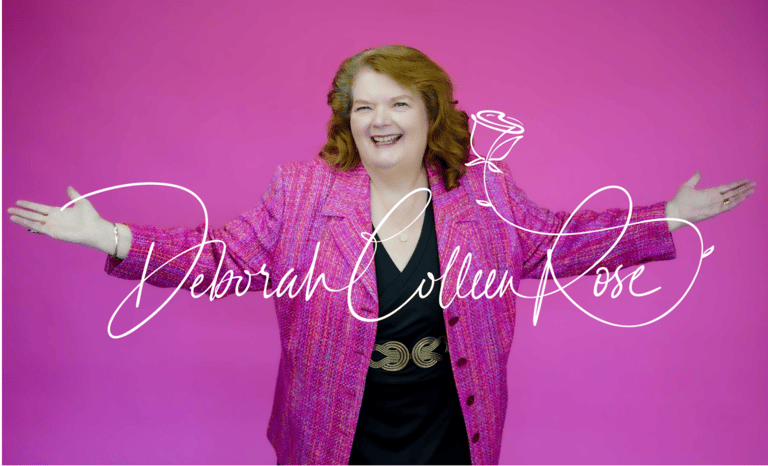The Roles We Never Auditioned For
RELATIONSHIPS
Deborah Colleen Rose
9/2/20253 min read
Sometimes we just know things. At least, I do. But every once in a while, it isn’t just knowing — it’s seeing. It’s watching what hasn’t happened yet play out in front of your eyes like a movie that somehow already belongs to you.
For me, that movie was Night, Mother.
I hadn’t picked it for any reason other than a coincidence. The main character’s last name was Cates, the same as some of my relatives. That little nudge made me press play. I didn’t know what I was walking into.
The film is quiet, the kind of quiet that feels like a house where all the clocks have stopped. Sissy Spacek plays Jessie, a daughter who has spent her life caring for her mother, Anne Bancroft. Jessie has decided she doesn’t want to live anymore. Not in a rash way, but in a way that’s tidy, deliberate. She speaks her decision without drama, as if suicide were no more disruptive than setting the table for dinner. And somehow, that calmness shook me more than any outburst could have.
I cried like I had never cried before that night. The kind of crying that scrapes you out from the inside and leaves you hollow. Hours of it. I couldn’t explain why, but I felt like the movie was giving me instructions, or maybe armor, for something I didn’t yet understand.
And then, years later, my brother died by suicide.
The night it happened, I dreamed it first. Around 3 a.m., I woke from the dream and looked at the clock glowing on my nightstand. “My brother is dead,” I said into the darkness. The words didn’t feel spoken; they felt delivered, as though someone had pressed them into my mouth to carry until morning. By 6 a.m., the phone call came to confirm it.
From that moment on, I moved as though I had already been rehearsed. I knew what to do, what to say, how to keep moving. After the police left, I stood on his porch with a garden hose in my hand, the summer heat pressing against my back. I wasn’t just washing the boards. I was scrubbing grief off the threshold so my mother wouldn’t have to step into it. By the time she arrived, the wood was clean and dry, as if the horror had never touched it. But I knew it had.
I knew how to push back when the funeral director tried to upsell my grieving mother. I knew how to write and deliver the eulogy without crumbling. And I did it all without shedding a tear. Those tears had already been poured out years before, in front of a television screen.
It wasn’t until after the funeral that my body betrayed me. My legs gave way, folding as if the strings had been cut. The strength that had carried me through those days dissolved, and I went down like a marionette dropped to the floor.
That was when another movie came to my rescue: Steel Magnolias. My best friend, a hairdresser, quoted one of its lines to me in the middle of the funeral home: “I don’t know how you’re holding up, but your hair looks wonderful.” She and two others circled me like mama bears, and we laughed through the heaviness. That laugh held me up when nothing else could.
Movies aren’t real life. I know that. But they aren’t just reflections of imagination either. They can be guides, little rehearsals we don’t even know we’re taking until the curtain rises in real life.
Over the years, I’ve met many people who’ve told me they didn’t want to be here anymore. And because of Night, Mother, I’ve had something to share. I’ve told them: “If you’re willing to put that much effort into planning your death, you can put that same effort into building a life worth living.”
One woman said to me, “That’s the first thing anyone has said to me that makes sense.”
Not one of them has gone through with it. Not one.
I didn’t get the chance to say it to my brother. But I’ve said it to others. And maybe that’s what was asked of me all along.
Sometimes movies are more than movies. They’re rehearsals for the roles we never auditioned for, but somehow were chosen to play.
